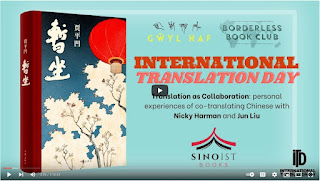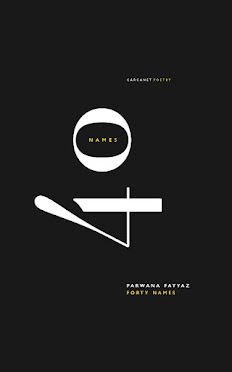Nicky Harman continues the story of a co-translation project: Jia Pingwa's new novel, The Sojourn Teashop
................................................
In my September blog, I wrote about co-translating a novel by a contemporary author, Jia Pingwa, in tandem with Jun Liu, a New Zealand-based translator who knows Jia’s work well. Since my last blog, we have been revising our translation and debating some knotty stylistic problems – and talking about the process at the Gwyl Haf Borderless Book Club, held to celebrate International Translation Day this year.
Jia Pingwa (1952- ) stands with Mo Yan and Yu Hua as one of the biggest names in contemporary Chinese literature. A prolific producer of novels, short stories and essays, he has a huge readership on the Chinese mainland, as well as in Hong Kong and Taiwan. Jia Pingwa's fiction focuses on the lives of common people, particularly in his home province of Shaanxi, and has hitherto been largely based in the countryside (Shaanxi Opera, forthcoming, and Broken Wings, 2019) or in the lives of workers from the countryside who have moved to the big city (Happy Dreams, 2017).
Jia’s most recent novel, The Sojourn Teashop (Sinoist, 2022) is very different: it is about a dozen women in Xijing (Jia’s fictionalised version of Xi’an, his home city) and their struggles to run their businesses, battle with bureaucracy and corruption, and find personal happiness.
In our collaboration, Jun did the first draft, I did the second draft, she commented, I commented on her comments, and we are now at the stage of going over the whole translation separately, and picking up any further problems, infelicities, or (perish the thought) mistakes.

















